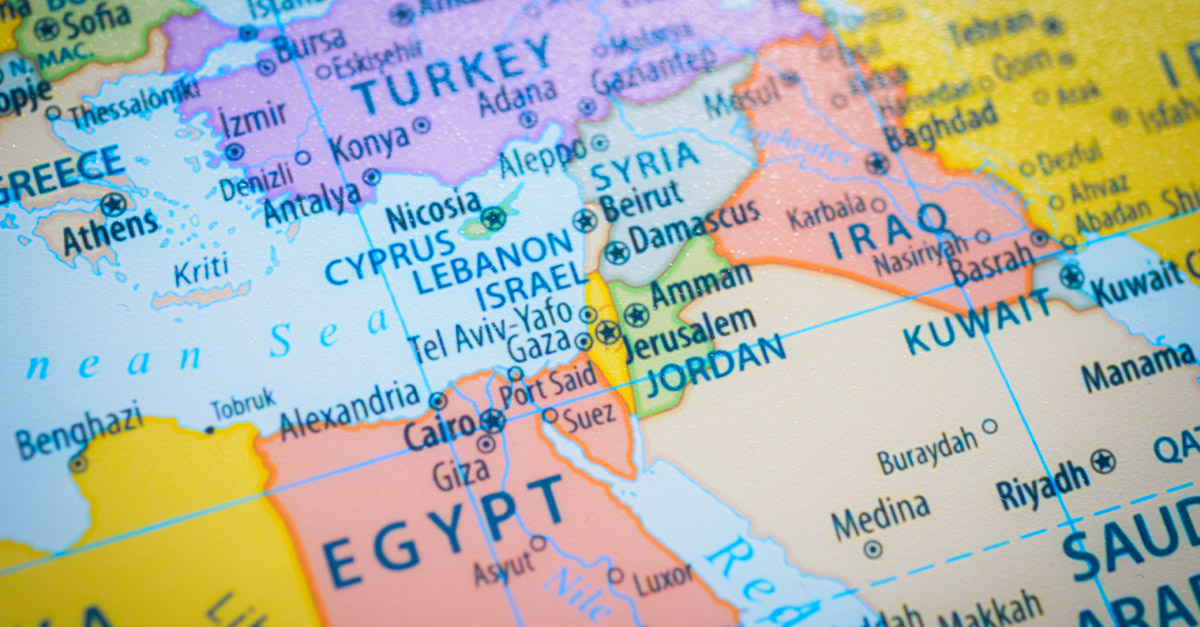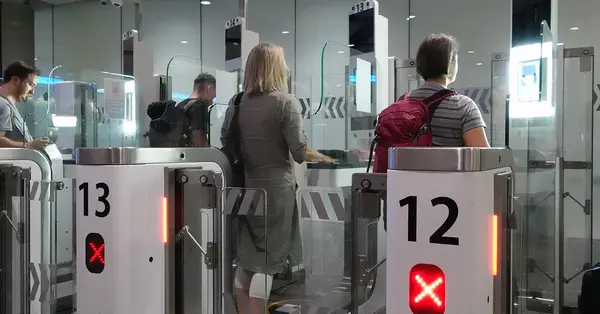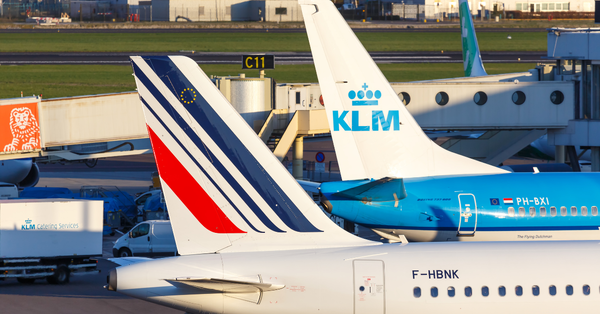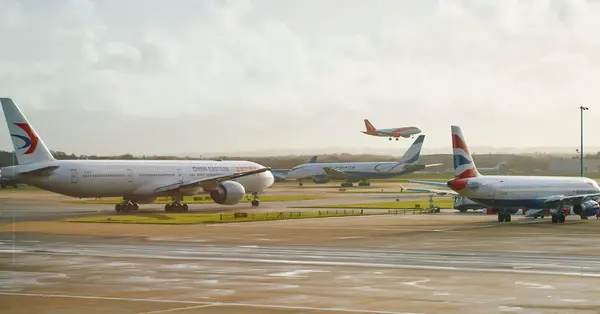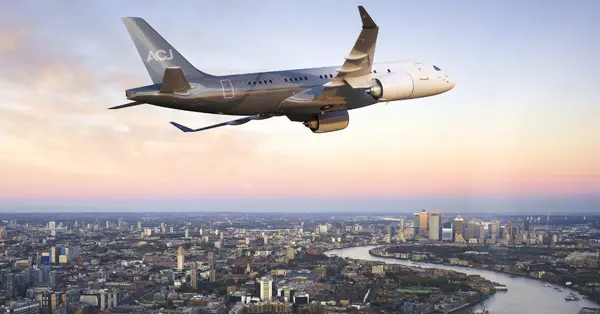You are viewing 1 of your 2 free articles
Flights adjusted after mass Iran drone and missile attack on Israel
Airlines are adjusting schedules amid rising tensions in the Middle East after Iran’s mass drone and missile attack on Israel on Saturday.
Airspace was shut to commercial flights in parts of the region most affected until Sunday morning as many drones and missiles were shot down before reaching Israeli territory.
The Foreign Office issued revised travel advisories to almost 20 countries and territories across the region and north Africa, including Egypt, Morocco, Jordan, Oman, Qatar, Saudi Arabia, Tunisia and the UAE.
Travellers were urged to monitor the government travel advice and other media “as the situation is changing fast” after Iran carried out military action against Israel using drones, ballistic and cruise missiles.
In updated advice for Israel, the Foreign, Commonwealth & Development Office (FCDO) said: “We recognise this a fast-moving situation that poses significant risks.
“The situation has potential to deteriorate quickly and without warning.
“This could disrupt air and road links out of the country. If your reason to remain in Israel and the OPTs (Occupied Palestinian Territories) is not essential you should consider leaving if it is safe to do so.”
A spokesperson added: “The UK condemns in the strongest terms Iran’s direct and unprecedented attack against Israel, as well as their violation of Jordan and Iraq’s airspace. At a time of great tension in the Middle East, this was a profoundly dangerous and unnecessary escalation by Iran.”
EasyJet’s recently resumed flights to Israel were temporararily suspended from yesterday (Sunday).
“Due to the current situation in Israel, we have made the decision to pause our operations to and from Tel Aviv,” the budget carrier said.
“We are continuing to closely monitor the situation. The safety and security of our passengers and crew is always our highest priority.”
A non-stop Qantas service between Perth and London Heathrow has been revised with a refuelling stop in Singapore. The return Boeing 787-9 Dreamliner flight from London to Perth continues to run direct due to prevailing winds.
The airline’s other flights to and from London are unaffected as they operate through different flight paths, although the situation is being monitored on a daily basis.
A Qantas spokesperson said: “We’re temporarily adjusting the flight paths for our flights between Perth and London due to the situation in parts of the Middle East.
“We’ll reach out to customers directly if there’s any change to their booking.”
Wizz Air flights from Luton airport to Tel Aviv on Tuesday and Thursday were still due to operate as scheduled, according to the airline’s website.
British Airways resumed flights to Tel Aviv on April 1, after pausing them in October when the Israel-Gaza war broke out. The airline flies four times a week from Heathrow via Larnaca in Cyprus.
Lufthansa Group suspended flights to and from Tel Aviv, Erbil in Iraq and Amman in Jordan on Sunday.
“As of 16 April, the Lufthansa Group is currently planning to resume regular flights to these three destinations,” the company said.
Flights to Beirut and Tehran will remain suspended until at least April 18.
“The Lufthansa Group had already decided on Friday, 12 April, to fly around Iranian airspace up to and including Thursday, 18 April, and thus temporarily suspend flights to Tehran.
“The Lufthansa Group is continuously monitoring and assessing the security situation in the Middle East and is in close contact with the authorities. The safety of passengers and crews is always our top priority.”
Meanwhile, the prospect of an escalating crisis in the Middle East sent oil prices rising to almost $100 a barrel with rates trading at six-month highs on Friday before the Iran attack on Israel. Any further impact on oil rates is likely to be dependent on the reaction from Israel.
The UK Ministry of Defence said: “In response to increased Iranian threats and the growing risk of escalation in the Middle East, the UK government has been working with partners across the region to encourage de-escalation and prevent further attacks.
“We have moved several additional Royal Air Force jets and air refuelling tankers to the region.”
In addition to counter-Islamic state operations in Iraq and Syria, “these UK jets will intercept any airborne attacks within range of our existing missions, as required”.

